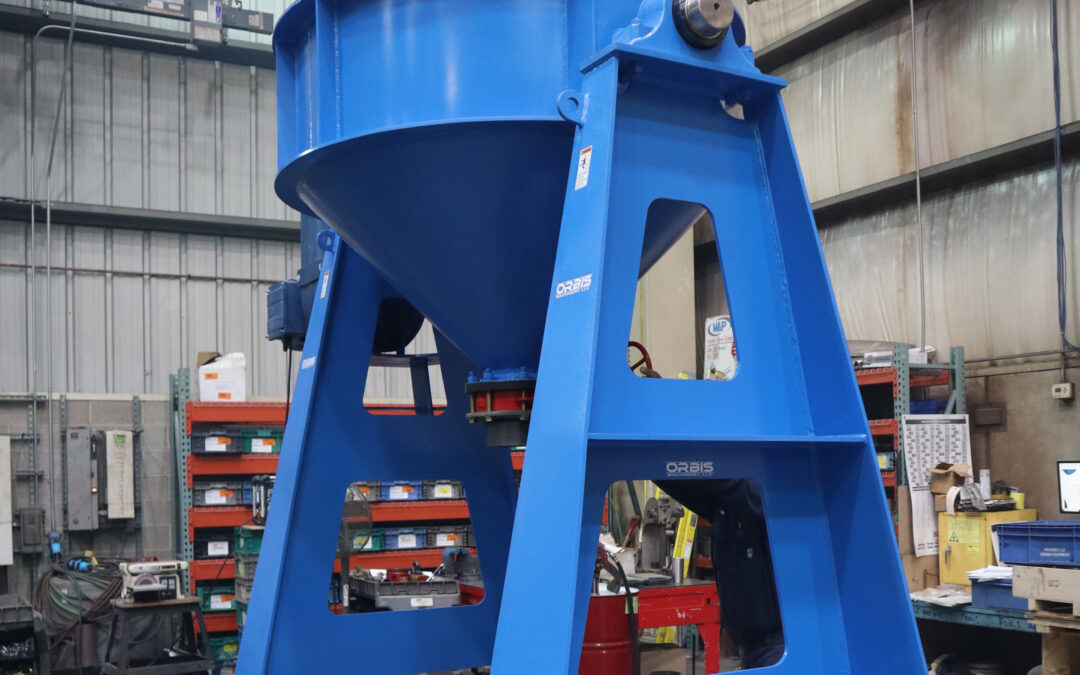Most times when people ask us for the key to outgrowing their competition, we give a one word answer: Management. While some people grumble about the vagueness of the answer, others just nod and move on. The fact remains that every aspect of business requires good management. We’re talking about planning, strategy and understanding what to and what not to do. Of course, when people ask about these details we’re not very chatty about it but those words ‘management’ says it all.
Most companies share similar supply chains but what sets them apart is ‘management”. There are several strategies that manufacturing companies adopt with their suppliers in order to make it work. While a certain strategy works in one company, there is no assurance that it would work in another company’s supply chain management. Now, the question on your minds must be “how them can one develop a supply chain competitive advantage”.
Developing Competitive Advantage
The manufacturers, raw materials, products, logistics and your company makes up the supply chain. The combination is never the same for different companies. To find what works best for your company, there are different things you have to focus on:
1. In-House manufacturing/ Outsourcing
2. Demand-Supply Management
3. Operational Management within the Supply Chain
4. Relationship Management within the supply chain
5. Supply Chain Logistics
6. Documentation within the Supply Chain.
It takes understanding these aspects and building a management strategy that works best for your company to gain competitive advantage. Let’s expand on this a little bit, shall we?
Manufacturing
When it comes to manufacturing products, manufactures are constantly met with the choice between in-house production or outsourcing. It is a factor that weighs on a company’s infrastructure and the profitability of producing in-house as opposed to outsourcing. To gain grounds on this aspect, you need to carry out deep cost analysis, improve the efficiency of your manufacturing or supply processes, create an efficient product development plan and minimize production cost.
Demand-Supply Management
Keeping enough stock to ensure that products get to all customers is as a result of an efficient demand-supply management. To gain competitive advantage, you have to make use of your company’s data insights to manage inventory levels. This covers knowing about new product releases, developing products to meet market trends, measuring the seasonal demand-supply trends, scaling up production when demand increases, and optimizing the supply chain management.
Operational Management
Understanding the supply chain can be very beneficial to a company’s productivity and profitability. There is a need to manage every aspect of the supply chain and identify where there may be an inefficiency. This is the best way to run an early damage control and prevent any holdups. This management includes an integration of processes, documentation, information delivery and optimizing production where it is needed.
Relationship Management
Most manufacturing companies now have closer tiers with their suppliers. This is as a result of effective collaboration. This creates a partnership instead of a hierarchical relationship. Managing supply chain relationships also calls for early payment to suppliers, transparency with information, integration to prevent communication barriers and funding product optimization.
Logistics
Building strong logistics management is necessary both for in-house production and outsourcing. Logistics management covers distribution, effective storage, managing logistics cost and ensuring product visibility. For the outsourcing companies, there is a lot more work when it comes to logistics. There are IoT devices that can now keep companies updated on the exact location and time of their supplies. Outsourcing firms have to leverage on the relationships with their logistics firms to reduce cost, manage product distribution and influence the timeliness of the distribution.
Documentation
Every process in a company requires proper documentation and there’s a lot of paperwork that is generated within the supply chain. Proper management requires the adoption of softwares that can make these documentation easier, faster and more efficient. You also have to ensure the safety of your documents so, a software that supports cloud storage would be more effective. Data is very important for measuring supply-chain performance and tracking market trends.
Benefits of Effective Supply chain Management
Like we mentioned earlier, all it takes to gain supply-chain competitive advantage is management. Effective management increases supply-chain efficiency, reduces cost, harnesses cooperation and ensures timely distribution of inventories. So, enhancing your supply chain is a good way to boost your business’s profitability. Technology has made supply chain management easier with collaboration softwares that promote relationships between companies and suppliers. Maybe the next time we are asked about how to gain supply-chain competitive advantage we’ll say, “management-technology”. The world is evolving, so are we.



